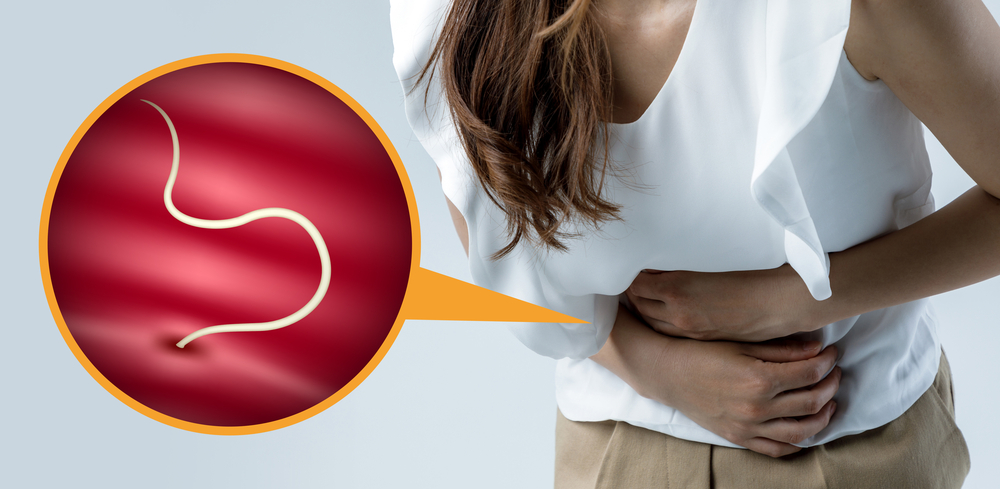Parasitic diseases, or medically known as parasitosis, is acquired from organisms that live off other organisms, or hosts, to survive. It is caused and transmitted by a parasite, which brings a certain infection. There are kinds of parasites that don’t affect other organisms when they invade a body. However, others grow, reproduce, or invade organ systems that make the body sick, resulting in parasitic disease. Furthermore, this practice can affect all living organisms, including animals and plants.
Parasitic diseases usually occur in tropical and subtropical regions. One of the most dangerous and common parasitic diseases ever recorded is Malaria, which means a severe and sometimes fatal made by a parasite that usually infects a certain type of mosquito which feeds on humans.
Hence, this article will enlighten the readers about the facts, common types, symptoms, and diagnosis of parasitic diseases and how physicians appropriately treat it.
Parasitic diseases can severely affect the body if left untreated. However, some parasites only bring minimal to no effect in the body, while other parasites can cause severe damage. Hence, this article swirls around the necessary information about parasitic diseases, its types, symptoms, diagnosis, and how it should be treated.


